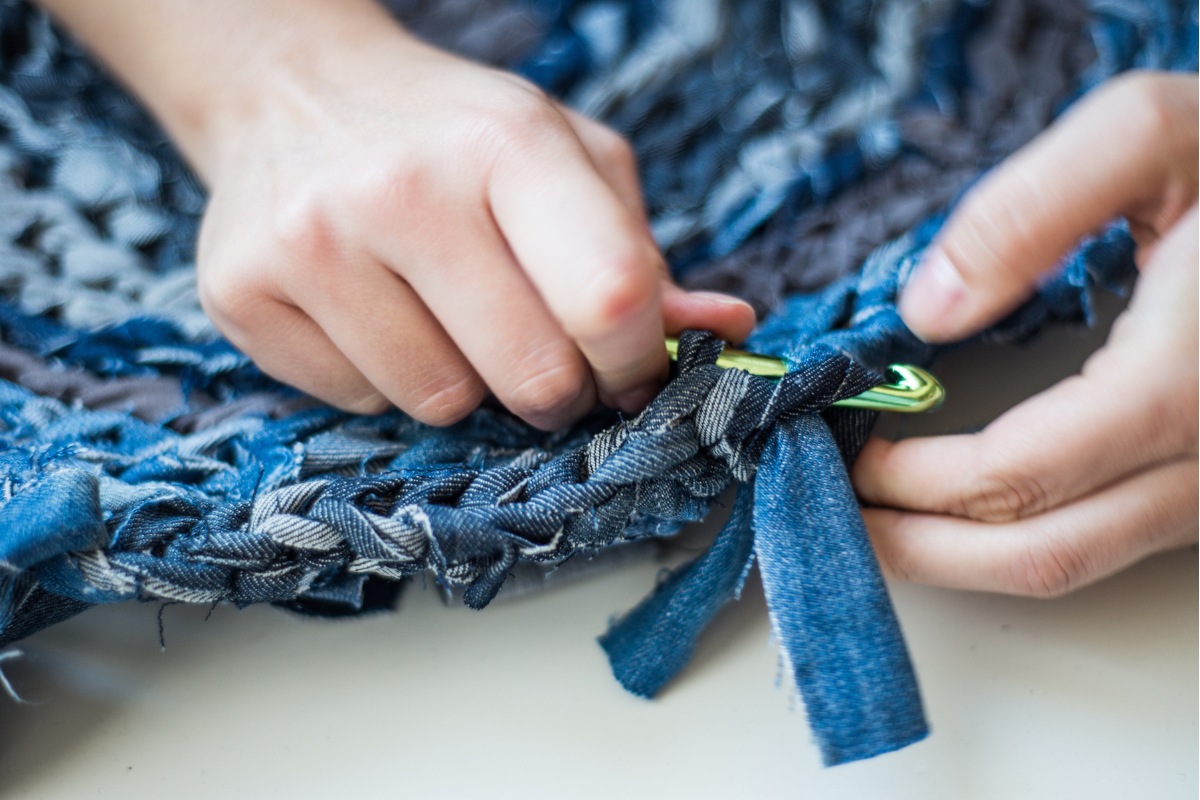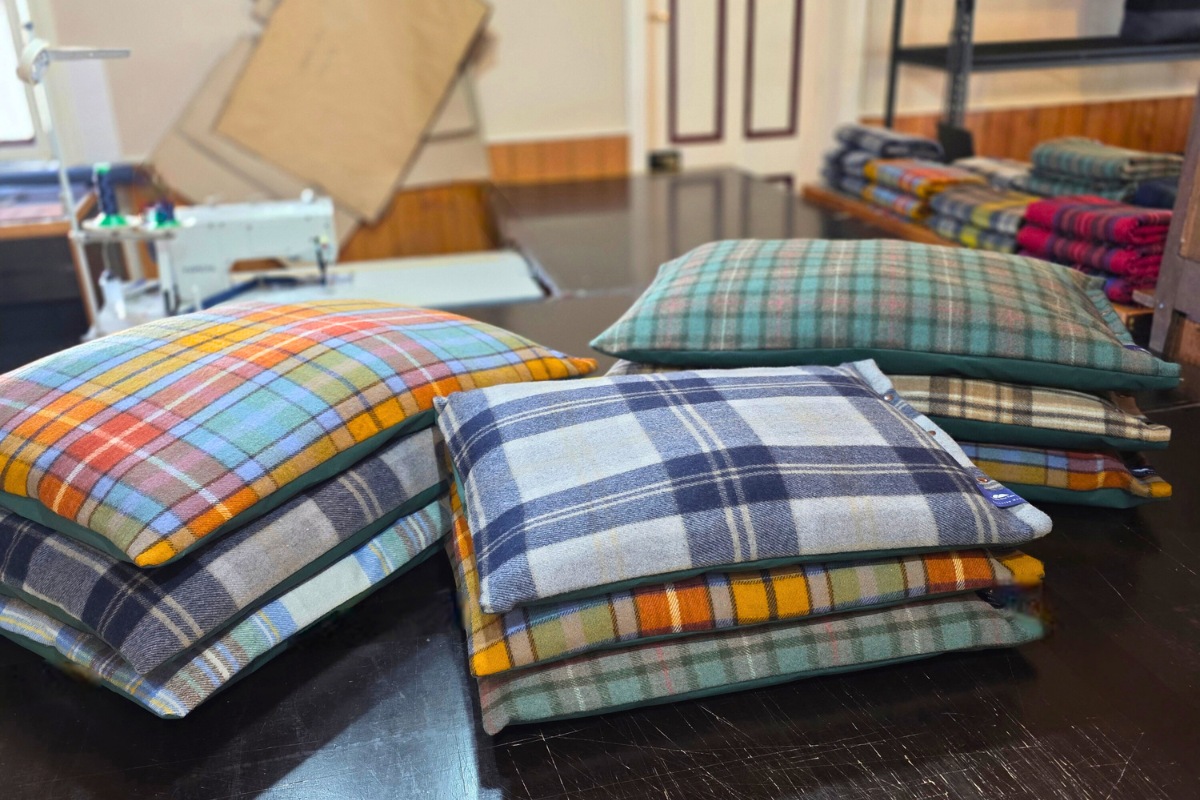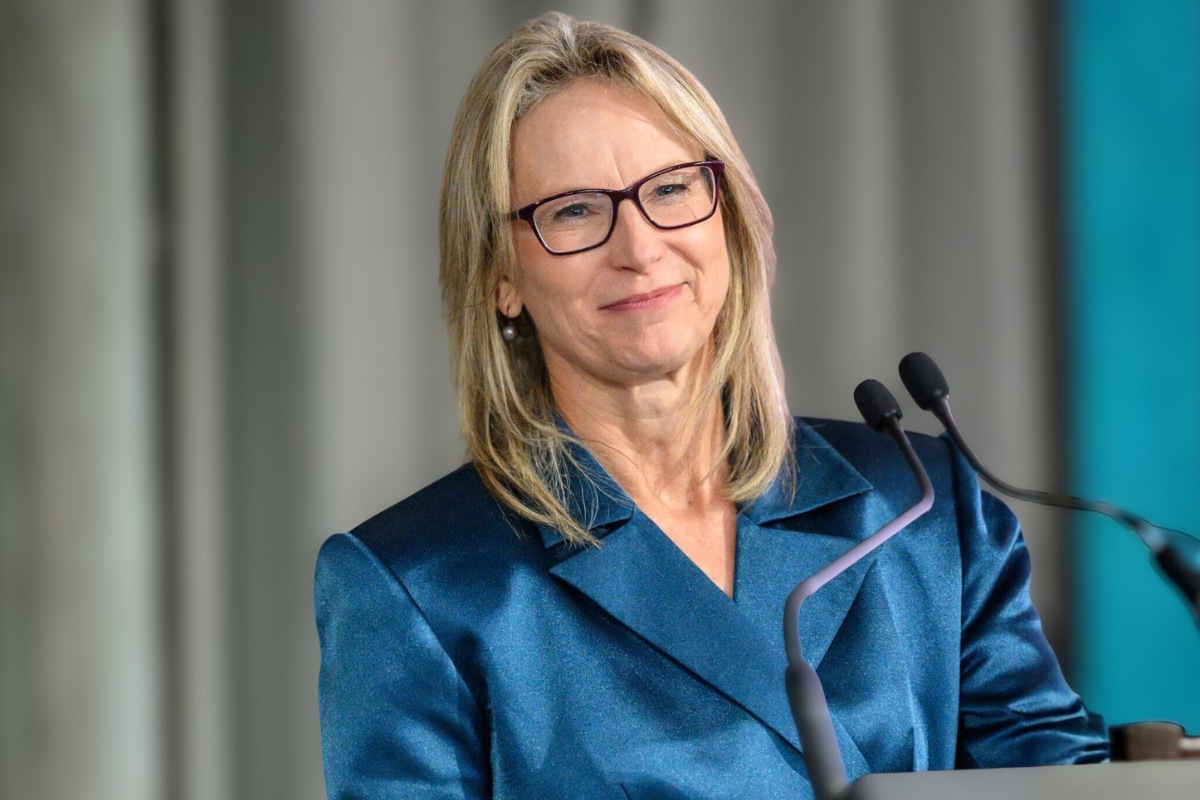Seven practical projects will be rolled out across Australia to collect, sort, process and recycle the clothes we no longer wear. They will drive industry collaboration and provide insights for a national clothing system to address the 220,000 tonnes of clothing textiles ending up in Australian landfill every year.
Seamless has announced seven practical projects as part of the Seamless Circular Clothing Textiles Fund. The projects will be delivered by organisations across Australia’s clothing and textiles industry to collect, sort, process and recycle the clothes we no longer wear, marking a major step forward in Australia’s transition to a circular clothing economy.
The Seamless Circular Clothing Textiles Fund is part of a program which received grant funding from the Australian Government to support a coordinated national clothing collection, sorting, reuse and recycling system for Australia.
The Fund projects, running in metropolitan, regional and remote areas in Australia, will provide critical data and insights into how the current system works, where the gaps and opportunities are, and what’s needed to build a coordinated national clothing system.
The seven projects that have been announced are:
1. The National Circular Textiles Pilot delivered by Australia Post in partnership with R.M.Williams, REMONDIS, BlockTexx and iQRenew, will enable consumers to participate in the circular clothing economy. Using a purpose-designed satchel, consumers will be able to return used clothing for recycling and recovery through a traceable, circular system.
2. The Clothing to Construction initiative delivered by ResourceCo in partnership with Salvos Stores, Shred-X, the Sussan Group and Pellenc ST, aims to establish a circular value chain for textile waste by transforming unwearable clothing into commercial building insulation using mechanical recycling.
3. Blackwoods’ Circular Take-Back Scheme for Industrial Safety Workwear will recover used workwear from remote Queensland mining sites. In partnership with Assembled Threads and Textiles Recyclers Group, approximately four tonnes of material will be diverted from landfill through sorting and repair by social enterprises that support employment and training opportunities for people with disabilities and refugees. The recovered items will be reused in Indigenous and remote communities or recycled into longer fibre yarns for woven and knit textiles, as well as shorter non-woven materials for future workwear applications.
4. Good Sammy will partner with organisations in Western Australia to collect unwearable clothing from over 3,000 households through kerbside collections, in addition to other local collection points. Uniform and workwear supplier Stewart & Heaton will also partner on the project along with ThreadUp Australia, the City of Kwinana, the City of Vincent and To the Power of You.
5. The Sort for Good pilot delivered by Southern Cross Recycling Pty Ltd (SCRgroup) in partnership with Reground, RMIT University and WRAP Asia Pacific, will test a practical system where wearable and unwearable clothing are separated at the point of donation. Collection points will include a high-traffic Sydney metro shopping centre, charity retail collections in Swan Hill and Kerang in country Victoria, and kerbside collections from 2,500 households in the Macedon Ranges in Victoria.
6. The Circular Textiles Yackandandah Pilot delivered by Stone Hill View in partnership with the Yackandandah Community Centre will establish a small-scale mechanical textile recycling plant to give unwanted clothing textiles a second life as locally made products such as pet beds, cushions and draught stoppers. The pilot will demonstrate how micro community-led initiatives can provide local recycling pathways.
7. Vital Chemical will collect unwearable everyday clothes and construction workwear, such as hi-visibility PPE, from Georgiou’s Brisbane civil and construction sites for conversion into a carbon rich biochar via pyrolysis. The project will be carried out in partnership with Salvos Stores, Textiles Recyclers Group, Earth Systems and Georgiou, and the biochar produced will be applied into the environment, for carbon return, on the same construction sites that the clothing was collected from.
Seamless CEO, Ainsley Simpson said, “The quality of the applications we received for the Seamless Circular Clothing Textiles Fund was outstanding, with the projects showcasing genuine collaboration and partnership across the Australian clothing industry and beyond. It demonstrates a strong corporate willingness and supply chain readiness to unlock the potential of clothing circularity nationally, which no single organisation can do alone.”
Ainsley continued, “The projects will provide critical data and insights into how we can leverage existing infrastructure and systems and will also identify opportunities to accelerate technological innovation and workforce capability for a coordinated national circular clothing system that is environmentally and socially responsible.”
Findings from the program for the coordinated national clothing system and scalable industry-led voluntary stewardship model will be delivered on 30 March 2026. They will provide insights on the feasibility and effectiveness of current clothing pathways, the next markets for clothing, and future system requirements for economic viability, technology, infrastructure and capability.






